
Why Do Humans Kiss, and What Happens When We Do It?
Most of us have done it. Some love it, others find it awkward or even unpleasant. Yet kissing remains one of the most intriguing human behaviors. Why do we kiss in the first place, and what actually happens in our brains and bodies when we do? Scientists have been exploring these questions for decades, and recent research offers fascinating insights—from our evolutionary roots to the neurochemical reactions that occur when lips meet.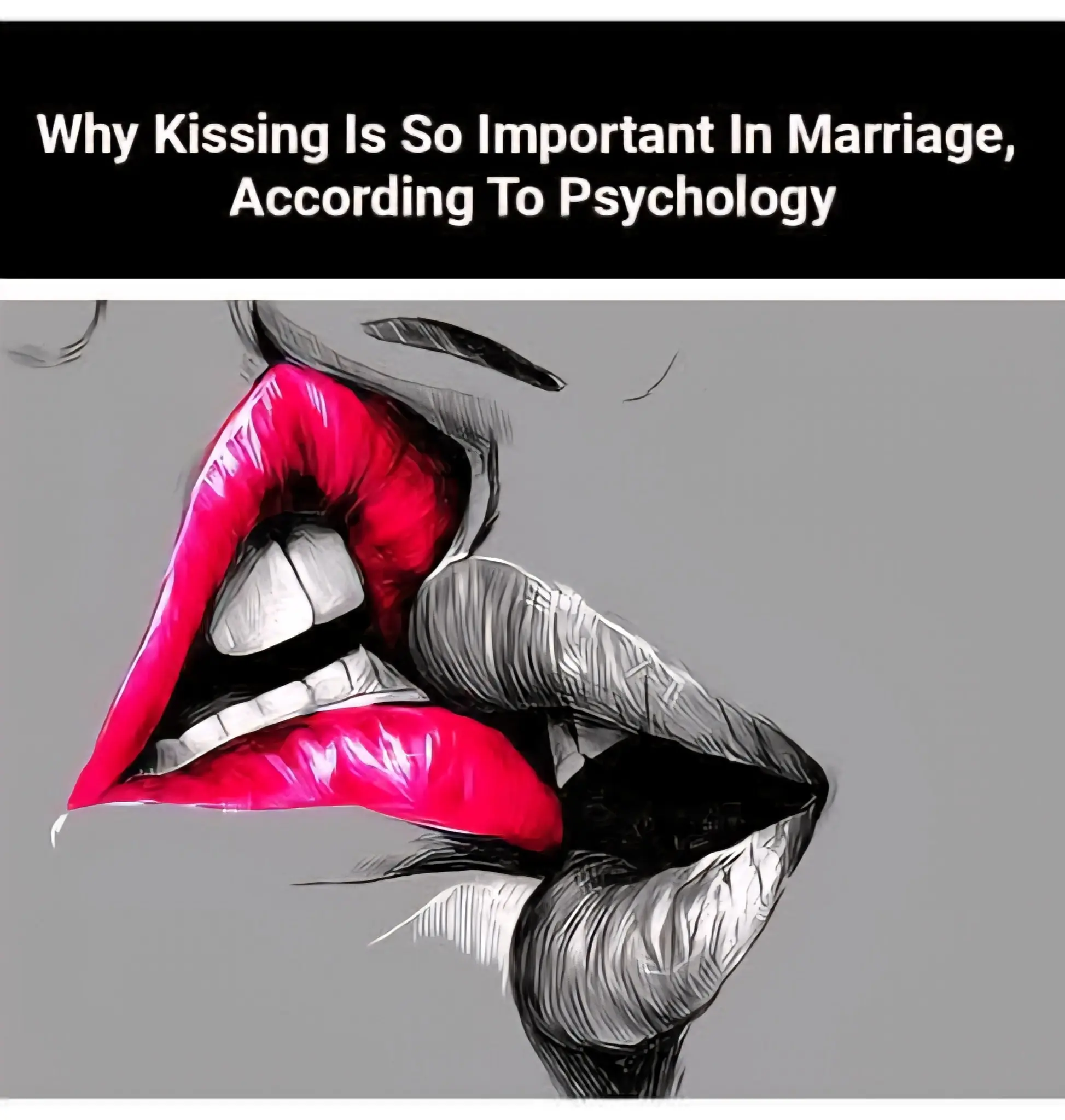
The Brain’s 10-Second Chemical Rush
Within seconds of a kiss, the brain releases a surge of powerful chemicals. Dopamine floods the reward centers, producing feelings of pleasure similar to eating chocolate. Oxytocin follows, deepening attachment and trust. Serotonin levels fluctuate, which can make you think obsessively about your partner. Meanwhile, cortisol—the stress hormone—drops, leaving you calm and euphoric.
Experts describe this as “a reinforcing action,” one that activates the brain in ways similar to addictive substances—making you crave that particular person even more.
Physically, your body also reacts intensely: heart rate jumps from 70 to over 100 beats per minute, blood vessels dilate, body temperature rises, and pupils expand. More than 30 facial muscles coordinate to create a single kiss, transforming it into a full-body event orchestrated by your nervous system.
Why One Bad Kiss Can End It All
Surprisingly, kissing plays a major role in mate selection. Research shows that 59% of men and 66% of women lose interest in a potential partner after one bad kiss, even if everything else was perfect. Skilled kissers are seen as more attractive, and couples who kiss frequently report greater relationship satisfaction.
Hidden Signals of Compatibility
Kissing isn’t just romantic—it’s biological. Saliva carries testosterone, which can increase arousal, while pheromones communicate genetic compatibility. Even bad breath has an evolutionary purpose, helping steer us away from partners with overly similar genes. This “exchange of information” allows our subconscious to assess whether someone is a good genetic match.
Health Benefits: Immunity and Calorie Burn
A single kiss can exchange up to 80 million bacteria, which sounds unpleasant but actually strengthens your immune system by exposing it to new microbes. Saliva also contains natural painkillers and anti-stress compounds. Regular kissing has been linked to lower cholesterol levels, fewer allergies, and even mild calorie burning—about two to three calories per minute.
The Risk Factor: Germ Exchange
Of course, kissing can transmit more than affection. Over 500 different types of viruses and bacteria can be exchanged, including those that cause mononucleosis (the “kissing disease”), cold sores, flu, meningitis, and hepatitis B. Still, for most healthy individuals, the benefits far outweigh the risks.
Did It Begin as Feeding?
Some researchers believe kissing evolved from ancient feeding behaviors. Long before baby food, mothers chewed food and transferred it to their infants mouth-to-mouth—similar to how some birds feed their chicks. This act linked lip contact with nourishment, care, and love, eventually transforming into a gesture of emotional intimacy between adults.
Nature’s Compatibility Test
Another theory suggests kissing is evolution’s way of testing genetic compatibility. By getting close enough to taste and smell one another, humans unconsciously evaluate immune system differences. Studies show women prefer the scent of men with dissimilar immune genes—a mechanism that helps produce stronger, healthier offspring.
How Kissing Changes with Age
The meaning of a kiss evolves throughout life. To children, it’s funny or gross; to teenagers, it’s thrilling and emotional. For adults, it becomes a way to maintain connection. Long-term couples who continue kissing regularly often report higher happiness and closeness, even as frequency and meaning shift over time.
New Frontiers in Research
Modern science is diving deeper into the mystery of kissing. Researchers are exploring whether kissing style can predict compatibility, how hormones and medications influence preference, and how this behavior plays out in long-distance or virtual relationships.
Advanced technology—like VR simulators, saliva analysis, and brain imaging—is revealing how our minds and bodies synchronize during a kiss, uncovering biological and psychological patterns we never knew existed.
Millions of Years in a Single Kiss
Kissing is far more than a romantic act—it’s a complex biological behavior rooted in millions of years of evolution. It helps us select partners, strengthen emotional bonds, reduce stress, and boost immunity. Behind every kiss lies a web of chemistry, psychology, and history—reminding us that what seems like a simple gesture is one of humanity’s most intricate expressions of connection.
News in the same category


12 Signs She Has a Lot of Experience with Men
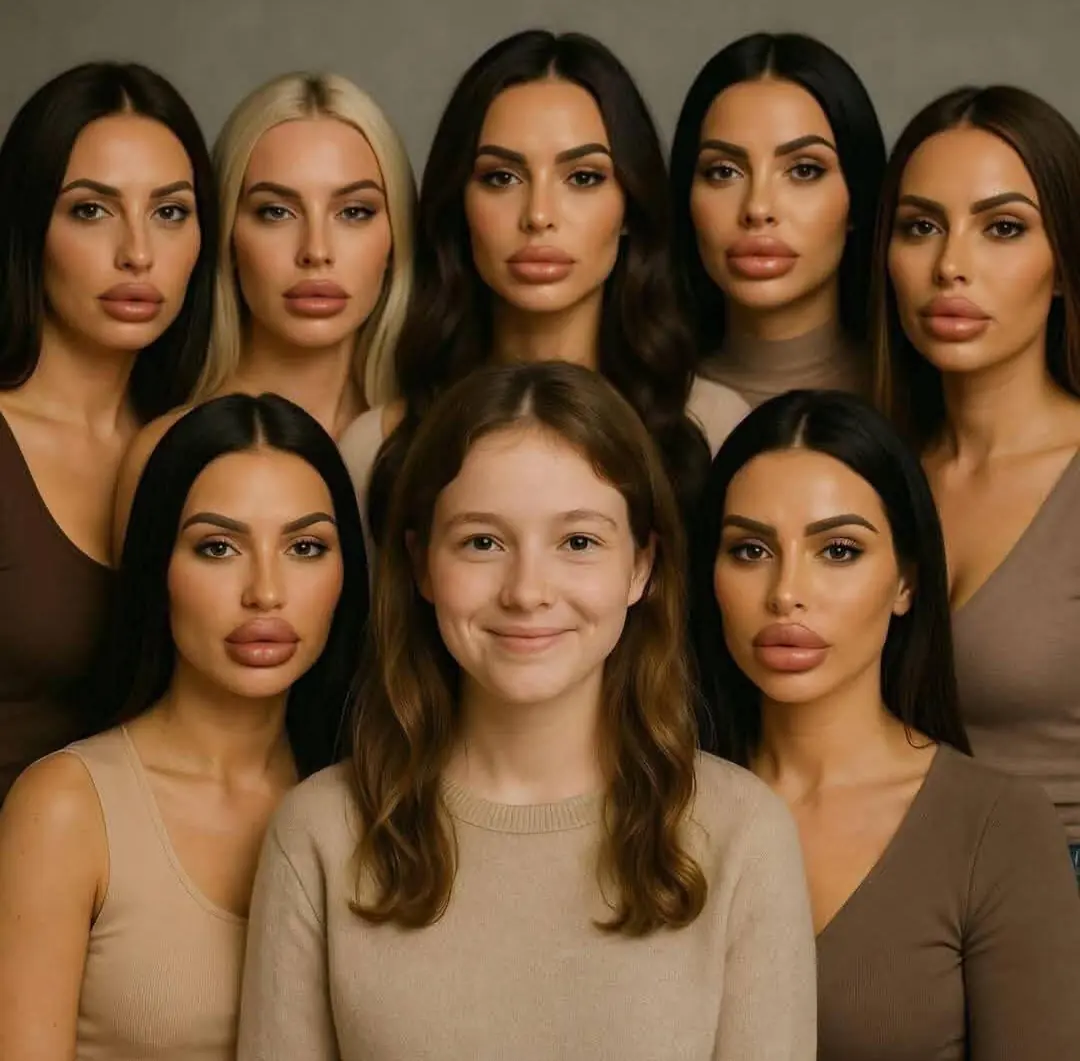
Why Natural Beauty Deserves More Appreciation

Things that make men instantly unattractive

When a Woman Stops Loving: Recognizing the Signs and Taking Care of Yourself
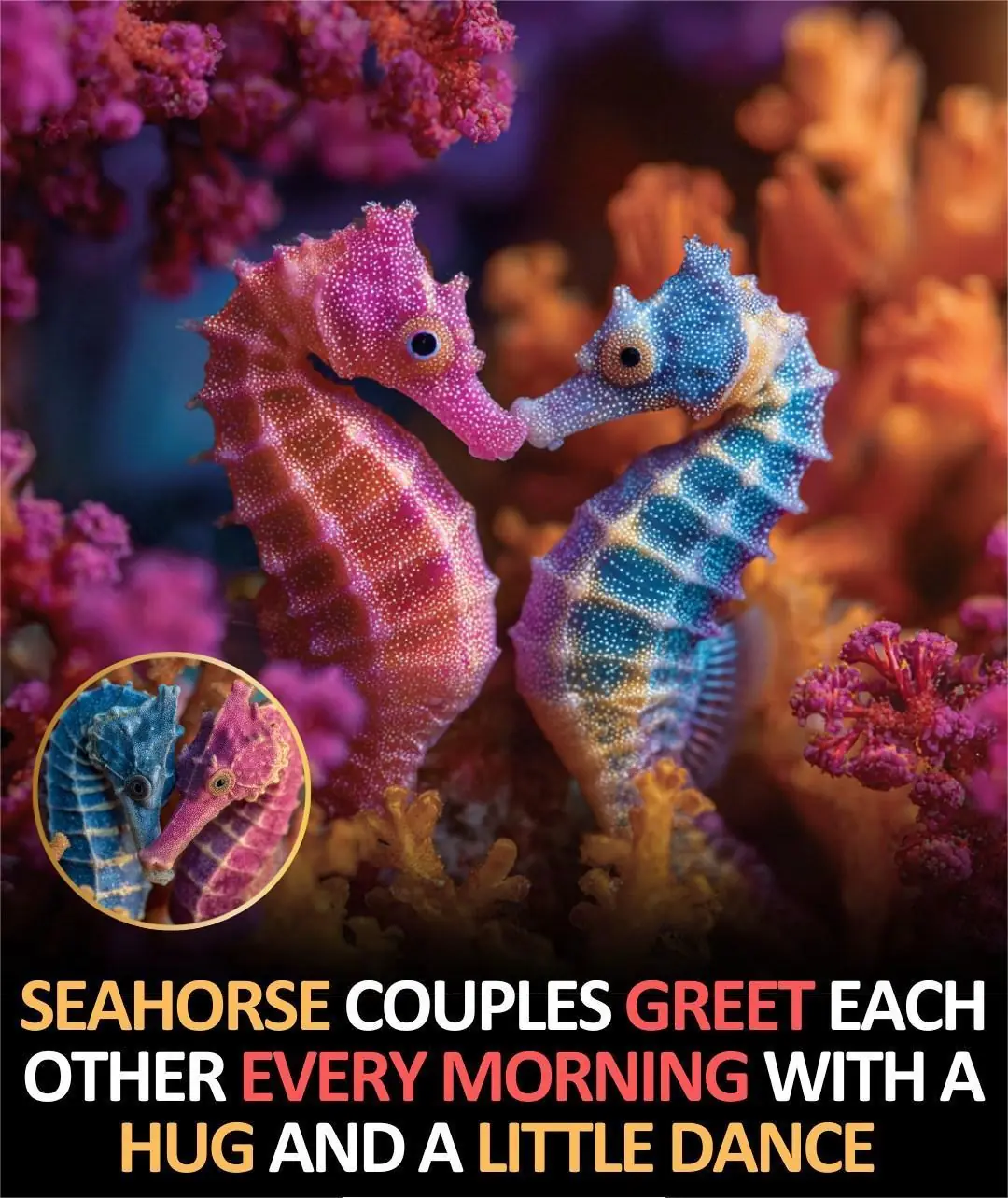
The Romantic Rituals of Seahorses: A Morning Dance of Devotion
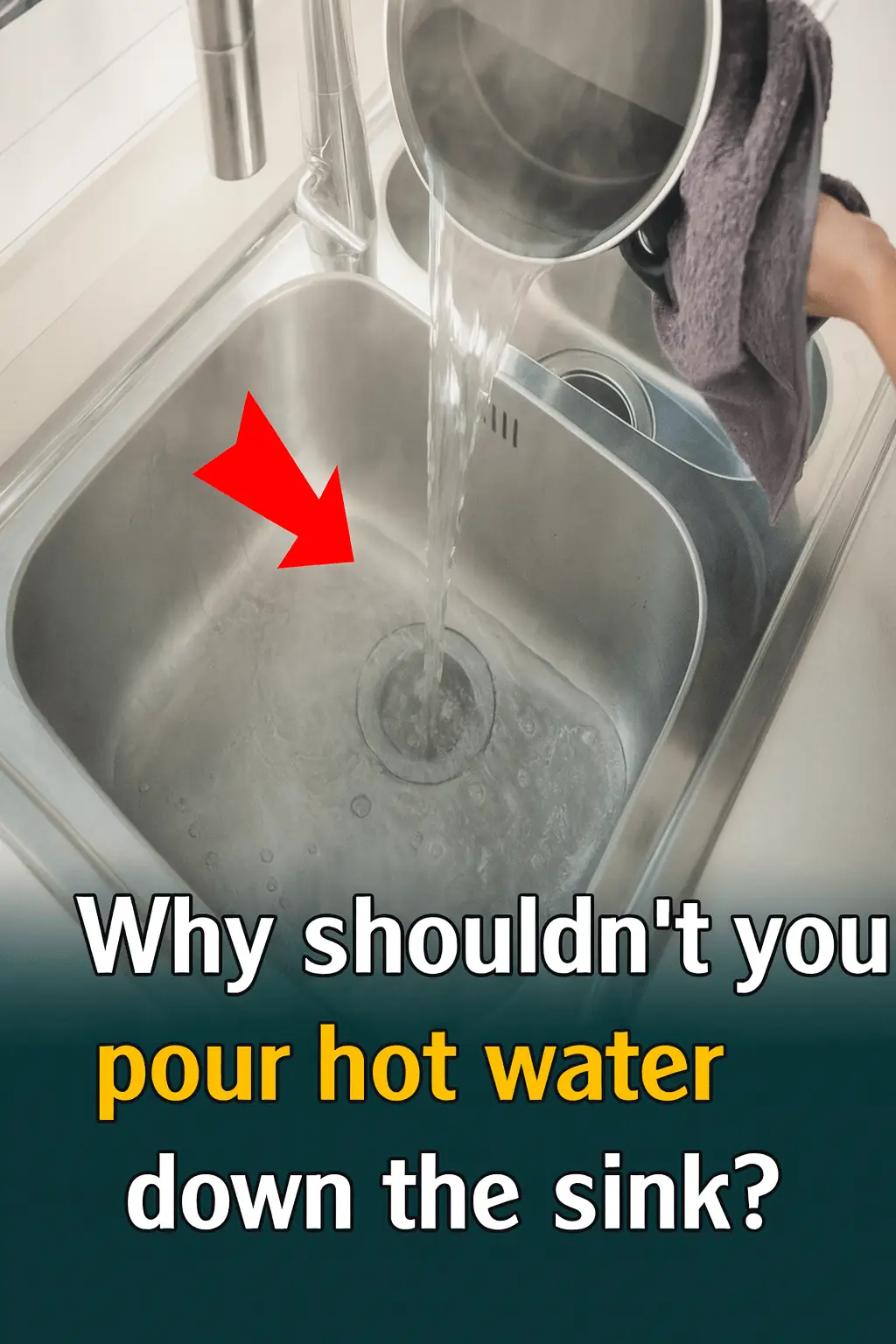
Why You Shouldn’t Pour Hot Water Into the Kitchen Sink

The Gentle Side of the King: How Lions Pretend to Be Hurt to Teach and Empower Their Cubs

Discover Love in the Little Things: Everyday Connections
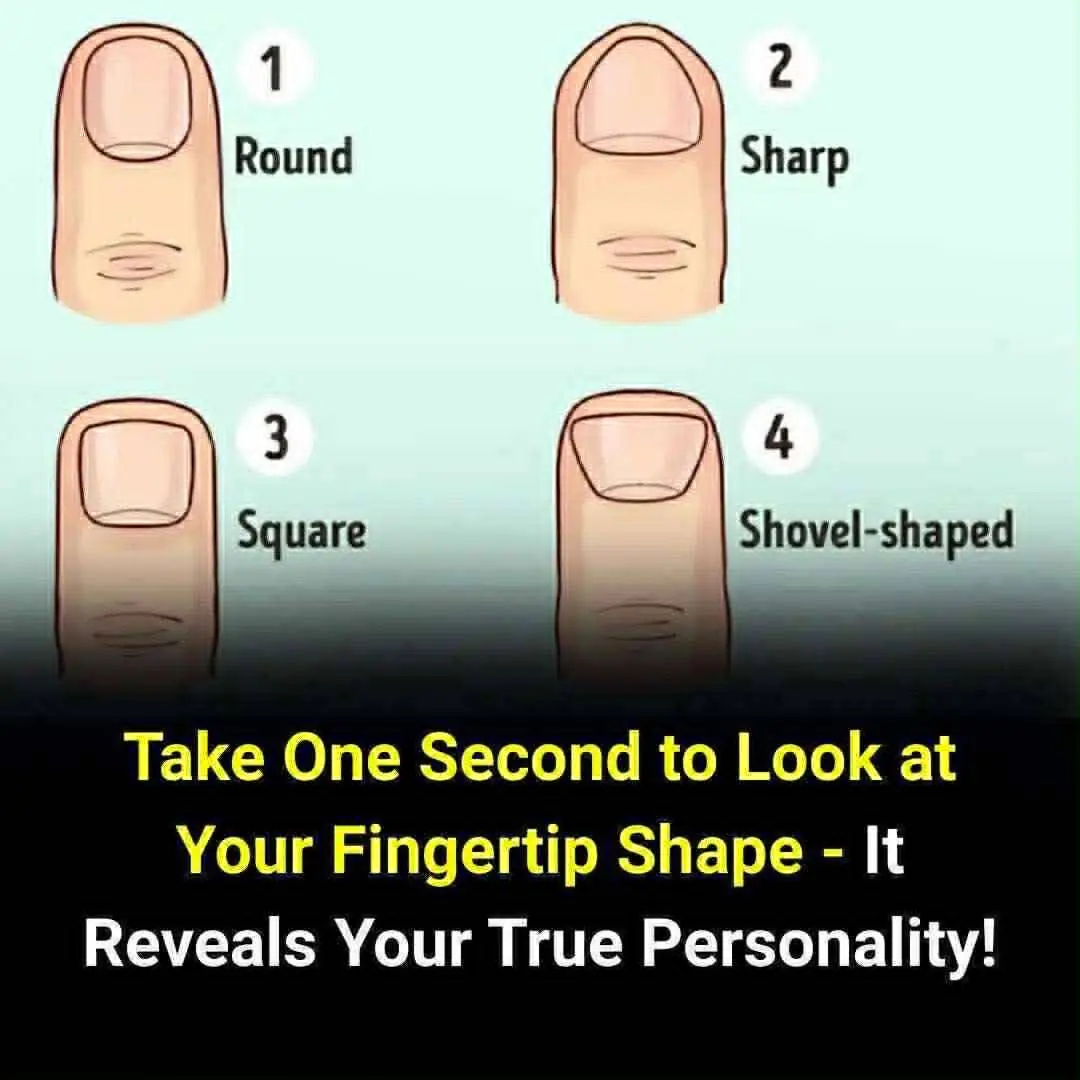
The shape of your fingertips reveal your true personality
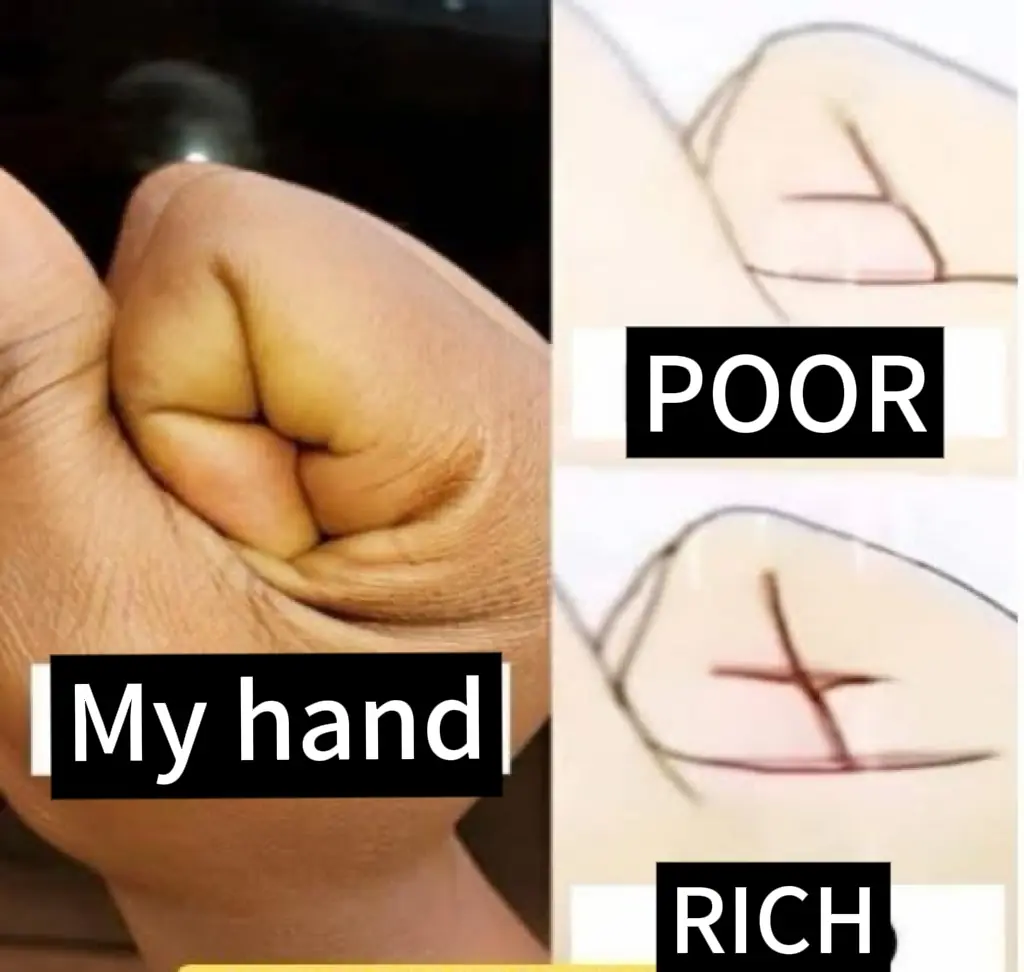
The Secret of Our Hands: Does It Reveal Wealth or Poverty?

The reason dogs often chase people

The Little Bow on Women’s Panties: More Than Just a Pretty Detail

The Meaning of the Main Lines of the Hand
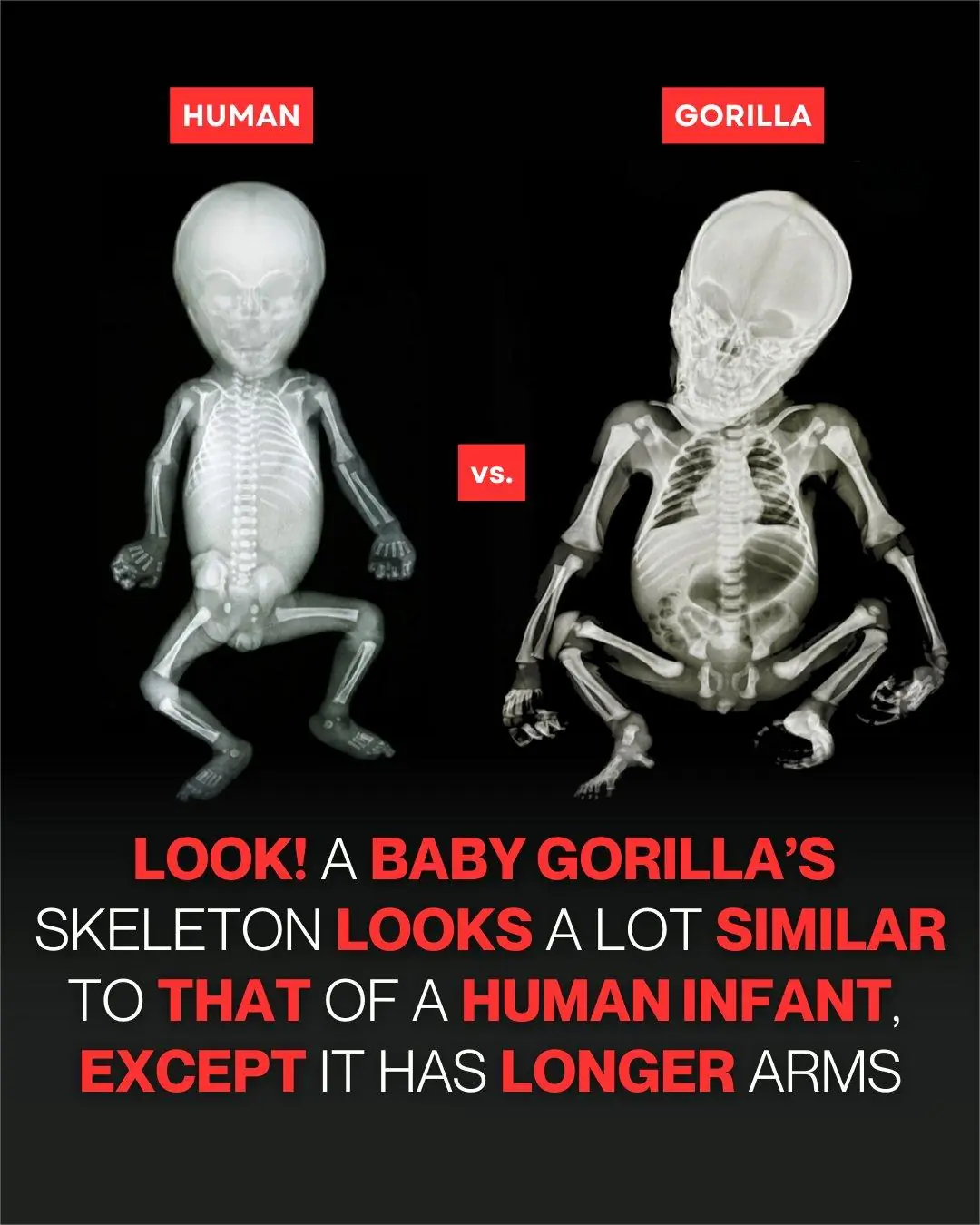
Baby Gorilla Skeletons Show Striking Similarities to Human Infants, Scientists Explain
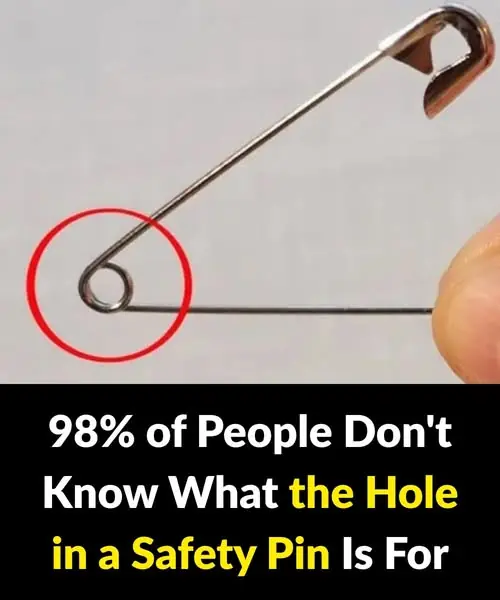
What’s the Purpose of That Tiny Hole in a Safety Pin?
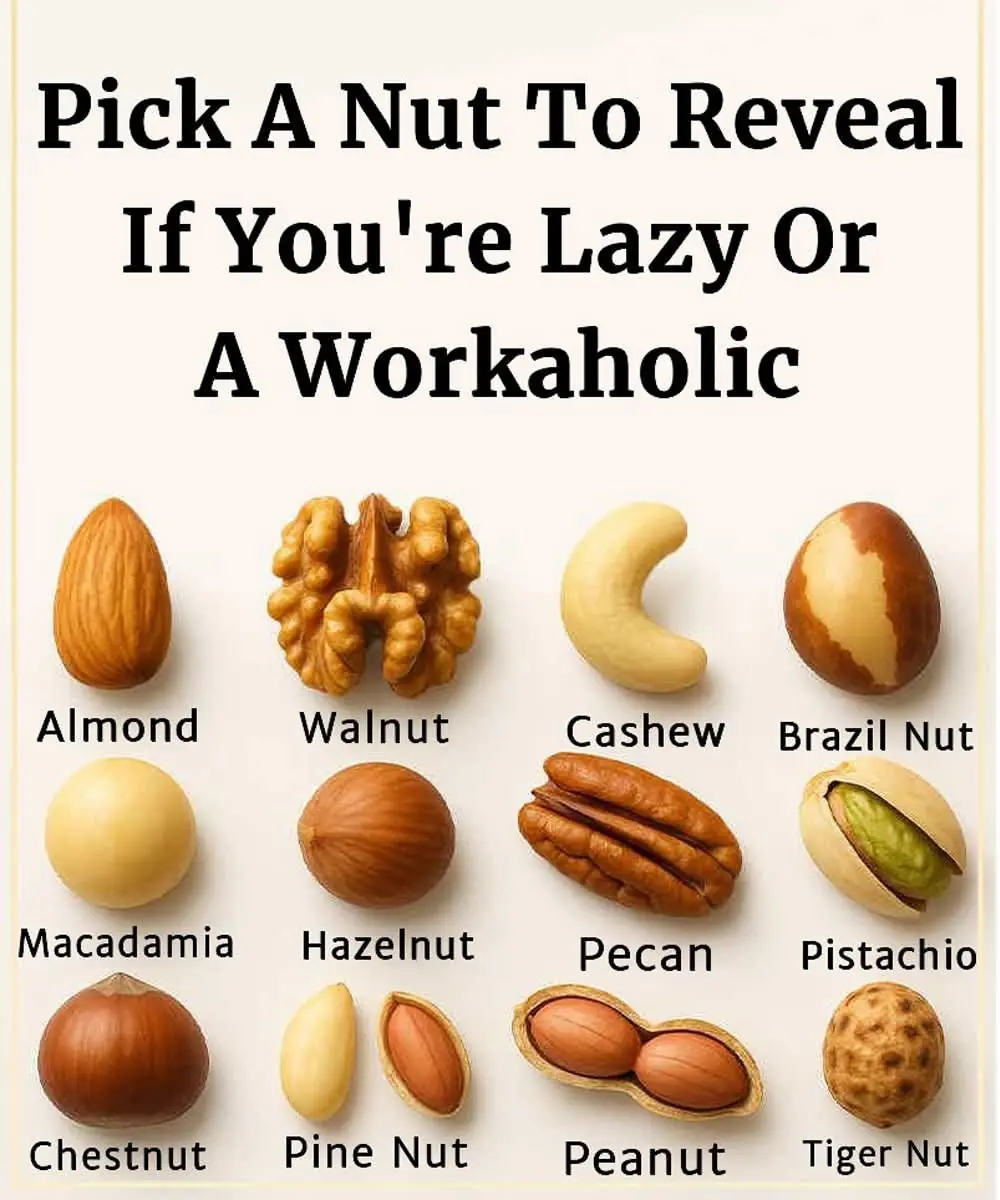
Pick a nut and uncover if you’re lazy or a workaholic
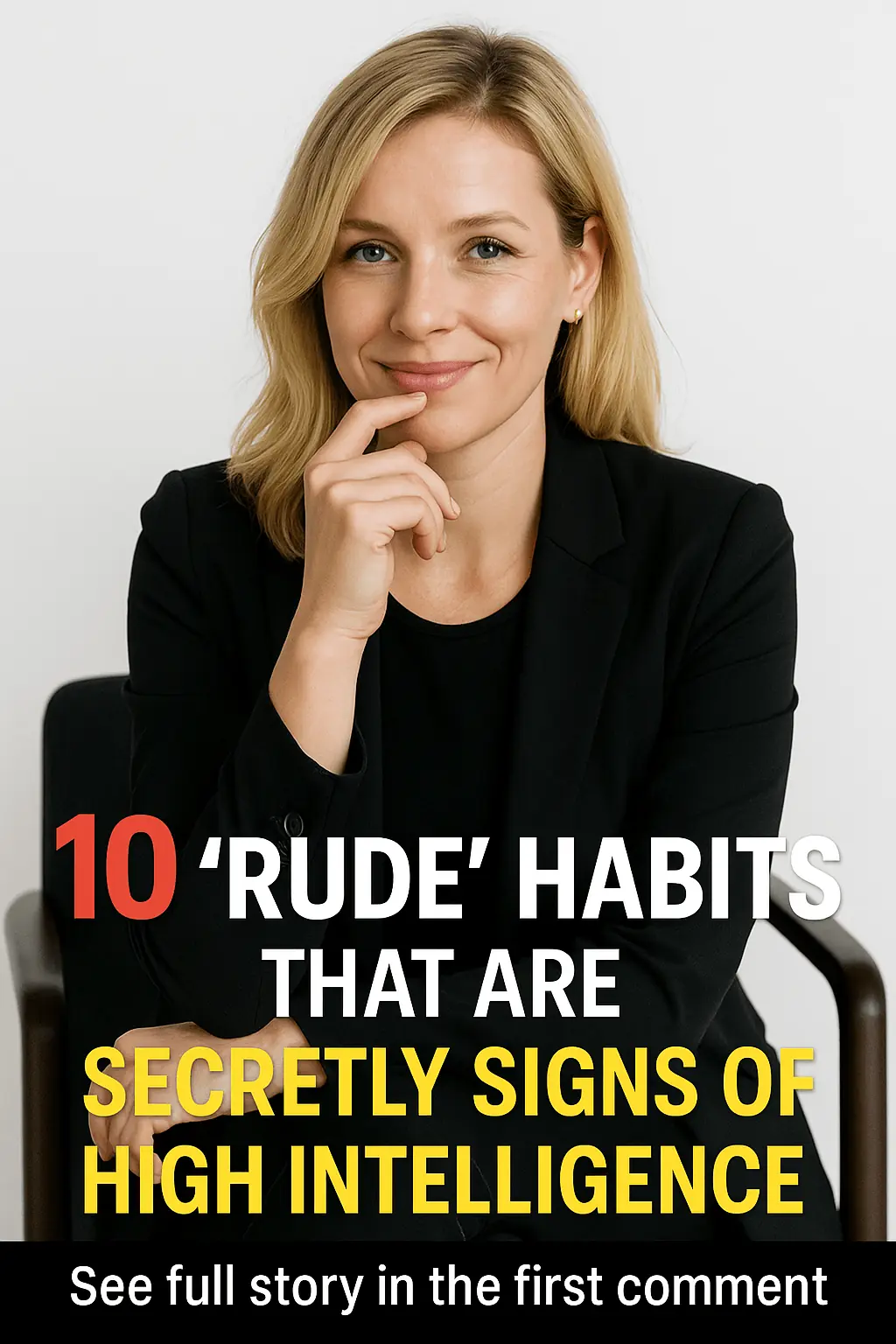
10 Rude Habits That Could Actually Be Signs of Intelligence
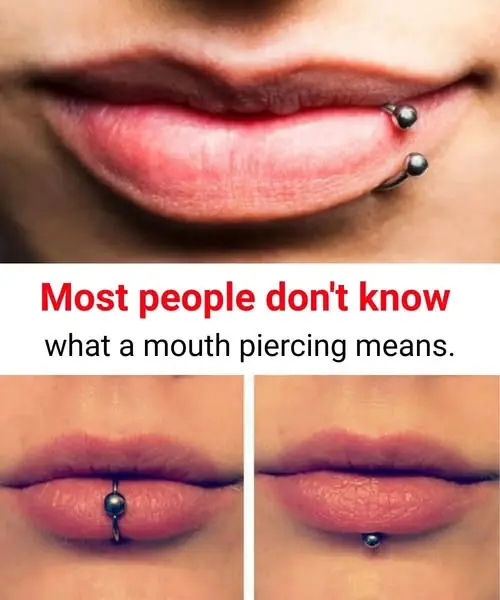
Most People Don’t Realize What a Mouth Piercing Means … Check 1st comment
News Post

WHAT HAPPENS WHEN WE TONGUE KISS…See more

Nature’s Secret: 4 Healing Leaves That Support Metabolism, Immunity & Circulation Naturally

Don’t Drink Coconut Water Before You Know These 11 Secrets!

Pumpkin Seed Milk — The Natural Parasite Cleanser

Fast Rice Water Trick for a Brighter Smile

Morning Drink to Revive Your Kidneys Fast

The Onion Recipe That Could Transform Your Blood Sugar, Support Cleaner Arteries, and Protect Your Heart!

Top 4 Fruits That Help Your Kidneys Flush Out Toxins While You Sleep

Ginger, Clove, and Honey: The Natural Trio Your Body Will Thank You For

Heal 15 Years of Joint Pain Naturally with Turmeric and Honey Tea

This Juice Revived My Grandma’s Energy — Say Goodbye to Fatigue and Body Pain with This Natural Recipe

The Benefits of Eating 2 Boiled Eggs Every Morning: Transform Your Health!

If Your Kidneys Are in Danger, Your Body Will Send You These 8 Signals — Don’t Ignore Them

The Surprising Effects of Avocado on Your Heart and Brain

Ways to Get Over a Man Who Didn’t Value You

I’m 66 but Look 36 — My Secret? Aloe Vera & Ginger for Firm, Smooth Skin

How to Make Okra Water to Treat 17 Health Problems Naturally

Banana and Egg Mask to Look Younger Even in Your 80s

Scent Leaf Secrets Unveiled: 10 Surprising Health Benefits of This Miracle Herb
